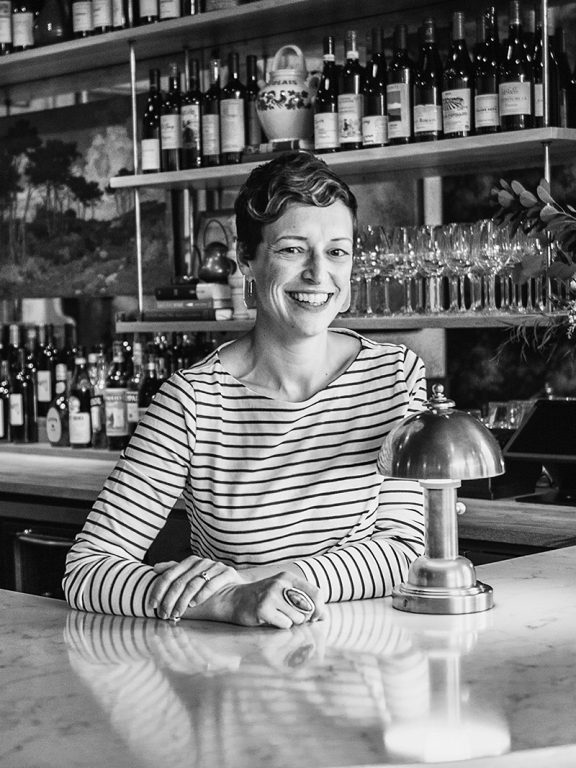I decided early in my career that I didn’t give a damn about the score assigned to a bottle. I’m not entirely sure what pushed me away from the numbers-based way of rating wines, but I think it was when I noticed that the wines I was drinking were never being scored. It was as if they weren’t good enough, or didn’t deserve to be tasted by someone with an extraordinary palate who sat on a panel and hyper-analyzed their every nuance.
When I really fell in love with wine, it was through the lens of the Loire Valley—inexpensive Muscadet and über-drinkable reds that rarely cost me over $15 a bottle. I noticed that publications were scoring bottles from Burgundy and Bordeaux, wines I couldn’t afford to drink. Entire magazines were dedicated to Australian Shiraz and Washington state Cabernet, wines that were just too rich and alcoholic for my taste. No one was scoring Muscadet.
My passion for wine has nearly always been for natural wines, those farmed organically or biodynamically, fermented with wild yeasts, and made without any additives save for a bit of sulfur. And let’s face it: Those kinds of wines aren’t mainstream, or at least they’re not what score-hounds are interested in. They don’t pay the bills. Drinking natural wine isn’t about being a wine geek; it’s about enjoying something that is deeply soulful and it’s about giving wine the same consideration we give food. Where does this wine come from? Who’s the person behind it? What are the ingredients?

Don’t miss the latest drinks industry news and insights. Sign up for our award-winning newsletters and get insider intel, resources, and trends delivered to your inbox every week.
If the answer to those things adds up to a farmer who loves his land, a conscious winemaker, and nothing but grapes, I don’t need a score to decide if I want to support a wine. My litmus test for delicious wine rests not only on how a wine is made, but what it actually tastes like. I look for qualities that range from acidity, body, and fruit, to more abstract things. How does a wine interact with food? Do I want to drink it over and over? I’m not interested in funky wines that are weird just for the sake of being weird, or those that have any number of flaws common in the natural wine world. I rely on my palate to guide me.
When our restaurant, Dame, opened last fall, we placed these natural wines at the heart of what we’re doing. Our goal is to provide an experience where people drink something they love, even if they’ve never heard of it before. I’d venture to guess that about 95 percent of the wines on our list have never been scored by a major publication. We encourage our staff to talk about our wine list in real people terms, so we can connect with our guests about landscapes and flavors, not reviews and numbers. We avoid using winemaking jargon, fancy adjectives, and comparisons to exotic fruits or hard-to-imagine spices, and just talk about what we taste in a wine, and why we like it. Sometimes we share a story about the grower, or a photo of the vineyard—not to make a bottle seem more magical, but to bring a humanistic side to the business of wine.
In the simplest terms, I don’t care about scores because deep down, I know they don’t matter. In 16 years, I have never sold a wine based on its score, but I’ve sold hundreds and hundreds of bottles because of how they’re made and how they taste.
Dana Frank was opening co-owner of Dame in Portland, Oregon. She has been named a Sommelier of the Year by Food & Wine and a Sommelier to Watch by Bon Appetit, and she owns Bow & Arrow, a Portland winery, with her husband, Scott. Dana is currently co-authoring her first book, to be published by Ten Speed Press in 2018.








